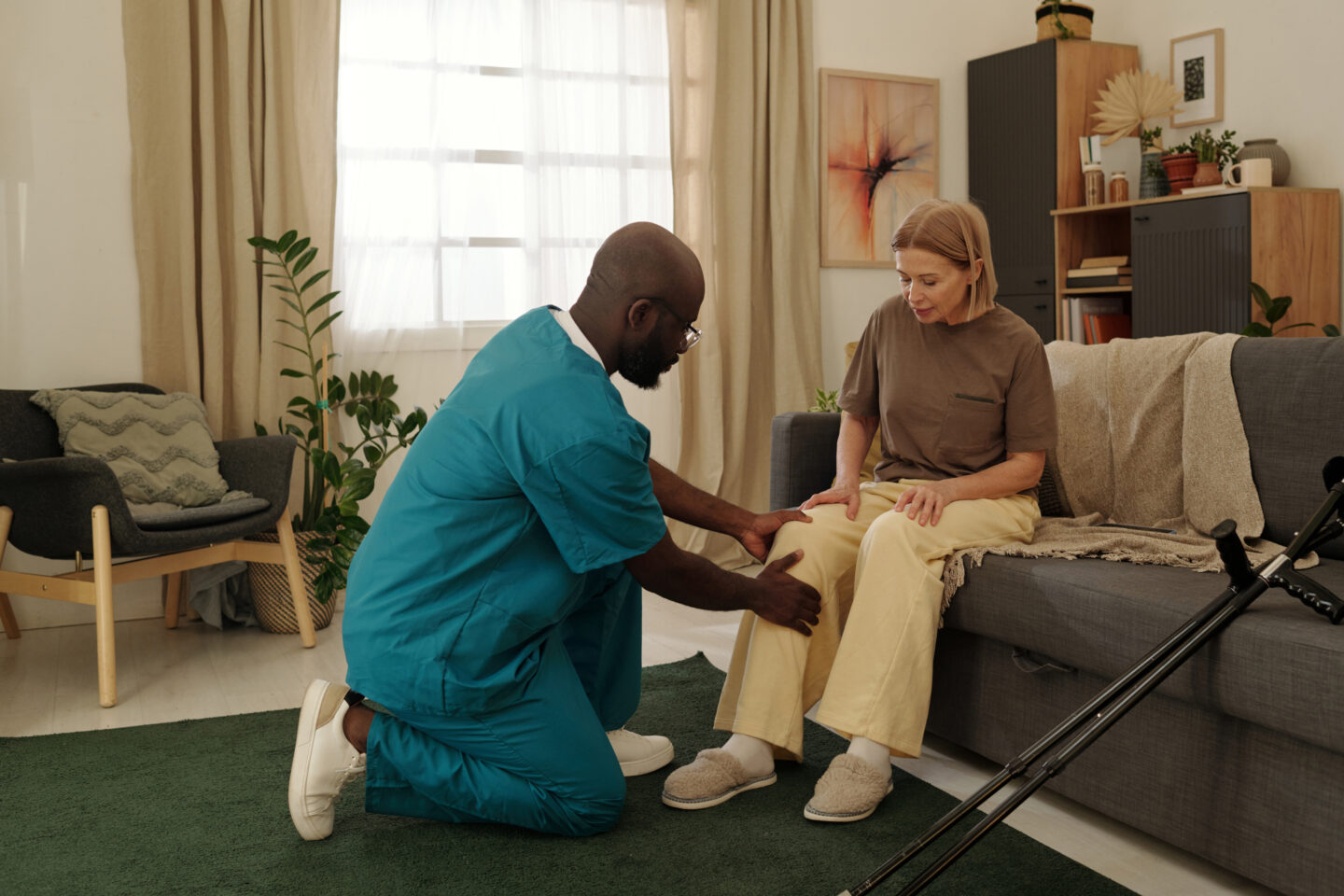How Cornell Tech is Rethinking Healthcare
Categories

While there’s a lot of talk about the accessibility of American healthcare, we hear comparably little about the quality of care itself. This might not be so strange if poor health weren’t at an all-time high in the U.S.
Yet, according to the Center for Disease Control, chronic diseases today cause 7 out of 10 deaths and account for a staggering 86% of healthcare costs. That means the vast majority of healthcare dollars in the U.S. are spent fighting what has largely been a losing battle so far.
But a new breed of health tech entrepreneurs are aiming to disrupt the status quo. How? By shifting the focus to what matters most of all: patient outcomes.
This shift is being spearheaded in large part by innovative new cross-disciplinary programs like the MS in IS, Health Tech program at the Jacobs Technion-Cornell Institute. Aimed squarely at developing new solutions that leverage digital tools and data to deliver better health outcomes, these programs bring together technologists and medical practitioners in a physical space where bleeding-edge resources and world-class expertise are in abundance.
“It’s a place where students have a unique opportunity to frame a very rigorous and strong masters in computer science education within the context of the healthcare industry,” said JP Pollak, a senior researcher-in-residence at Cornell Tech and co-founder of Wellcoin, a rewards platform for healthy living.
“Students essentially have two years to incubate their ideas in an environment where if they fail, it’s a 100% positive learning experience,” Pollak explained.
If there’s a prevailing ethos among Health Tech students at Cornell, it’s that the practical trumps the theoretical. Students are encouraged to fail often, prototype rapidly, and explore their ideas outside the safe confines of the classroom.
This approach is far from arbitrary. It’s based on the well-known fact that the U.S. healthcare system is a labyrinth of arcane regulations, legacy systems, and competing interests.
“A number of people dive into it with a good technical background and a good product idea and fail simply because they don’t understand the complexity of the landscape,” Pollak explained.
That’s something Cornell Tech is well positioned to address, Pollak says, thanks to an educational program that imparts not only technical and life skills, but also a thorough understanding of the healthcare landscape.
“It makes it much more realistic for startups, small companies and individuals with great product ideas to be able to have a real impact on lots of people’s lives,” he said.
That sentiment could not ring more true for Sonia Sen, an MS in Health Tech candidate in the school’s 2017 class. Instead of working on a 20-page thesis paper, Sen connected with Harlem-based City Healthworks through Professor Deborah Estrin for her specialization project to develop a functioning software product—specifically, a platform that connects a distributed system of health workers serving local patients in their own community.
She sees the platform as an intermediary between primary health physicians and patients that enables local care providers to fill in many of the gaps left by the mainstream healthcare system. Care providers are trained to offer advice on medications and nutrition, as well as to address household issues that could be detrimental to health.
Now, Sen is working with Nicola Dell, one of the world’s foremost HCI experts, to further refine her product.
“Most of my project will be very focused on human-computer interaction—’How are we making this workflow better?’—and so it’s invaluable that I get to have one of the best HCI academics in the world as my mentor,” Sen said.
As the Health Tech program at Cornell Tech continues to ramp up, stories like Sen’s will only become more common. A new generation of entrepreneurs, by focusing on healthcare solutions that work for everyone, is out to seriously disrupt the status quo.
Media Highlights
Tech Policy Press
Content Moderation, Encryption, and the LawRELATED STORIES

From Milstein Scholar to Design Tech Pioneer




